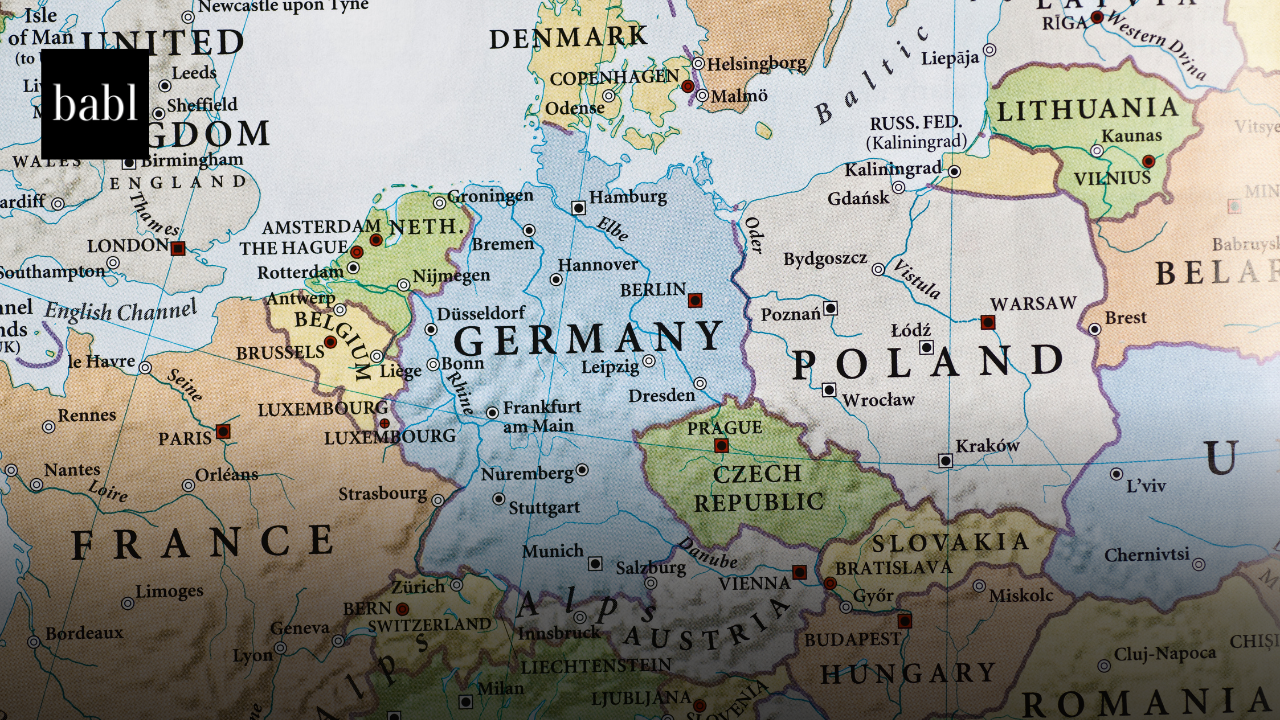The United Nations recently published a new report, called “Governing AI for Humanity,” prepared by the High-Level Advisory Body on Artificial Intelligence. The report calls for a global framework to address the challenges and harness the opportunities of artificial intelligence (AI). This final report, released in September, highlights AI’s transformative potential while outlining its associated risks and proposing comprehensive governance strategies to ensure AI benefits humanity.
Building on Global Cooperation
The report stems from the United Nations’ Secretary-General’s 2020 “Roadmap for Digital Cooperation” and builds on insights gathered since the Advisory Body’s formation in October 2023. The body consists of a diverse panel of global experts from governments, civil society, the private sector, and academia. The aim is to create an AI governance framework that promotes responsible AI development and deployment, addressing concerns about bias, disinformation, and its potential to exacerbate inequality.
AI is already proving to be a double-edged sword, the report emphasizes. While it has the potential to revolutionize sectors such as healthcare, energy, and public service delivery, without proper governance, its misuse could lead to significant harms. AI-driven disinformation, autonomous weapons, and unchecked surveillance pose grave threats to security, democracy, and human rights. Furthermore, the environmental impact of energy-intensive AI systems, particularly in a time of climate crisis, is noted as a concern.
Identifying Gaps in AI Governance
The Advisory Body identifies three major gaps in current AI governance: representation, coordination, and implementation. Many regions, especially in the Global South, remain excluded from global AI conversations. At the same time, a patchwork of regional and national initiatives creates fragmentation and inconsistency. The United Nationsreport calls for a unified, coordinated framework that brings all stakeholders under a shared vision for safe and ethical AI.
Proposals for a Global AI Framework
Among its key recommendations is the creation of a scientific panel dedicated to analyzing AI capabilities, risks, and uncertainties. This group would serve as a foundation for international collaboration, similar to how the Intergovernmental Panel on Climate Change supports environmental policy. The report also proposes establishing a global AI data framework and a capacity-building network to promote fair access to AI technologies. A Global Fund for AI would support developing countries, ensuring that innovation benefits are shared worldwide rather than concentrated among wealthy nations.
A Unified Voice for the United Nations
One of the most significant proposals is to create a dedicated AI office within the UN Secretariat. This office would coordinate AI policy across UN agencies and maintain a unified position on global AI governance. While the report stops short of recommending a formal international AI agency, it leaves that option open as technologies and risks evolve.
A Call for a New Social Contract
The Advisory Body stresses the need for global cooperation to ensure AI serves humanity rather than divides it. The report calls for a “social contract” for AI governance, rooted in the UN Charter and international human rights law. This would guarantee that AI development remains ethical, inclusive, and sustainable—particularly for vulnerable populations and future generations.
Urging Global Action
The report concludes with a strong appeal to governments, civil society, and the private sector to build governance systems that are inclusive, transparent, and adaptive. The authors warn that relying solely on market forces or national regulations will not be enough to manage AI’s global impact. Coordinated action, they argue, is essential to secure a safe and equitable AI future.
Need Help?
If you’re wondering how the United Nation’s report, or any other AI regulations and laws worldwide could impact you and your business, don’t hesitate to reach out to BABL AI. Their Audit Experts can address your concerns and questions while offering valuable insights.





